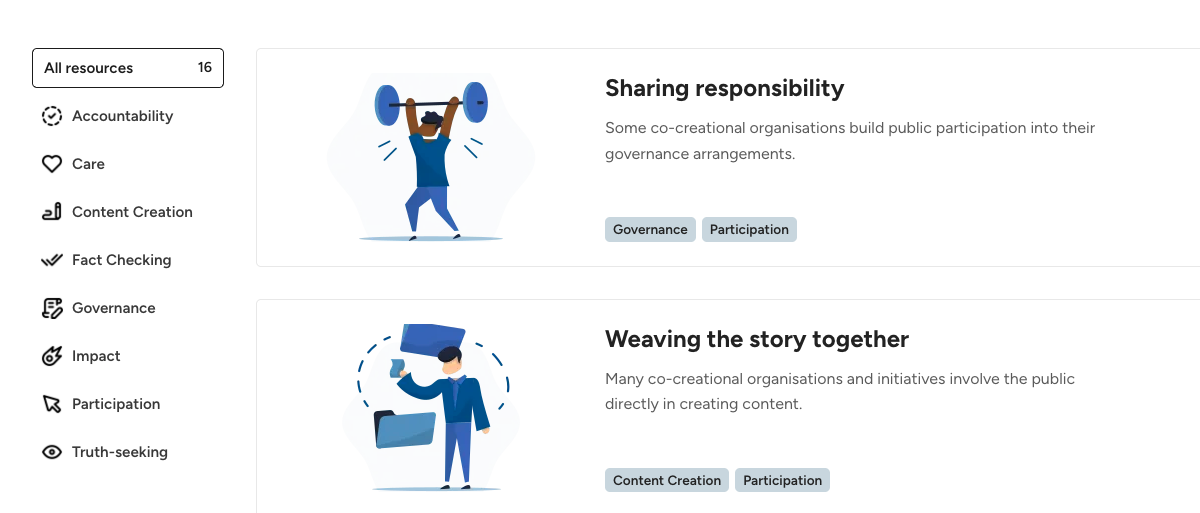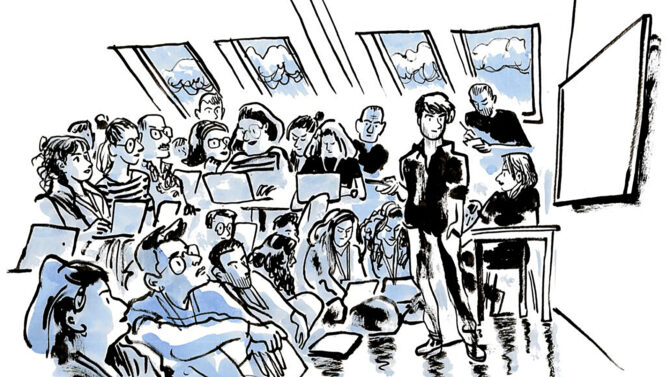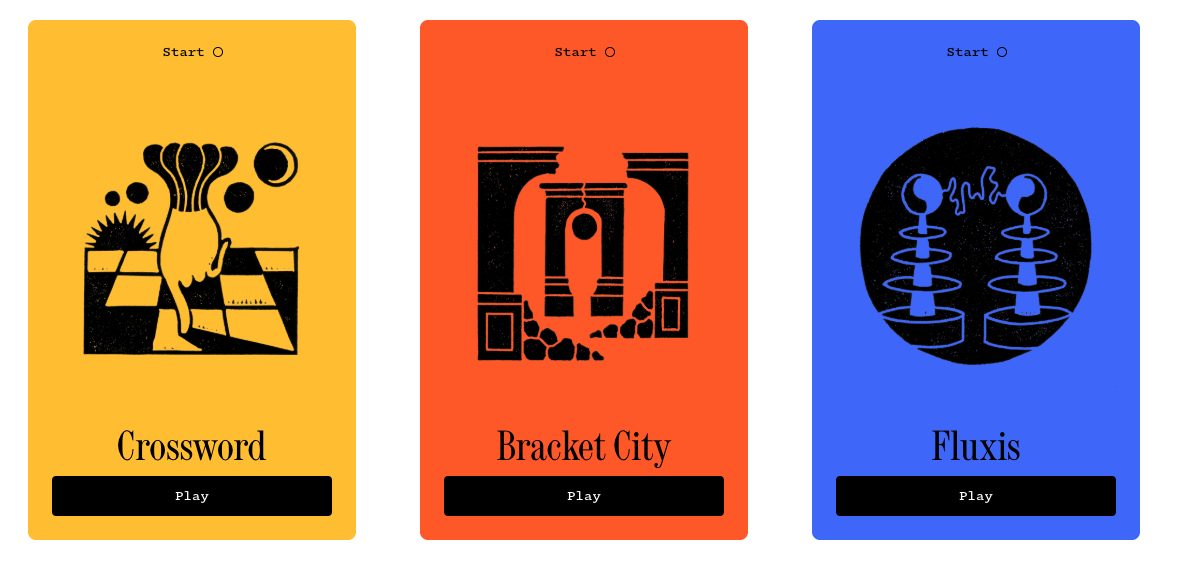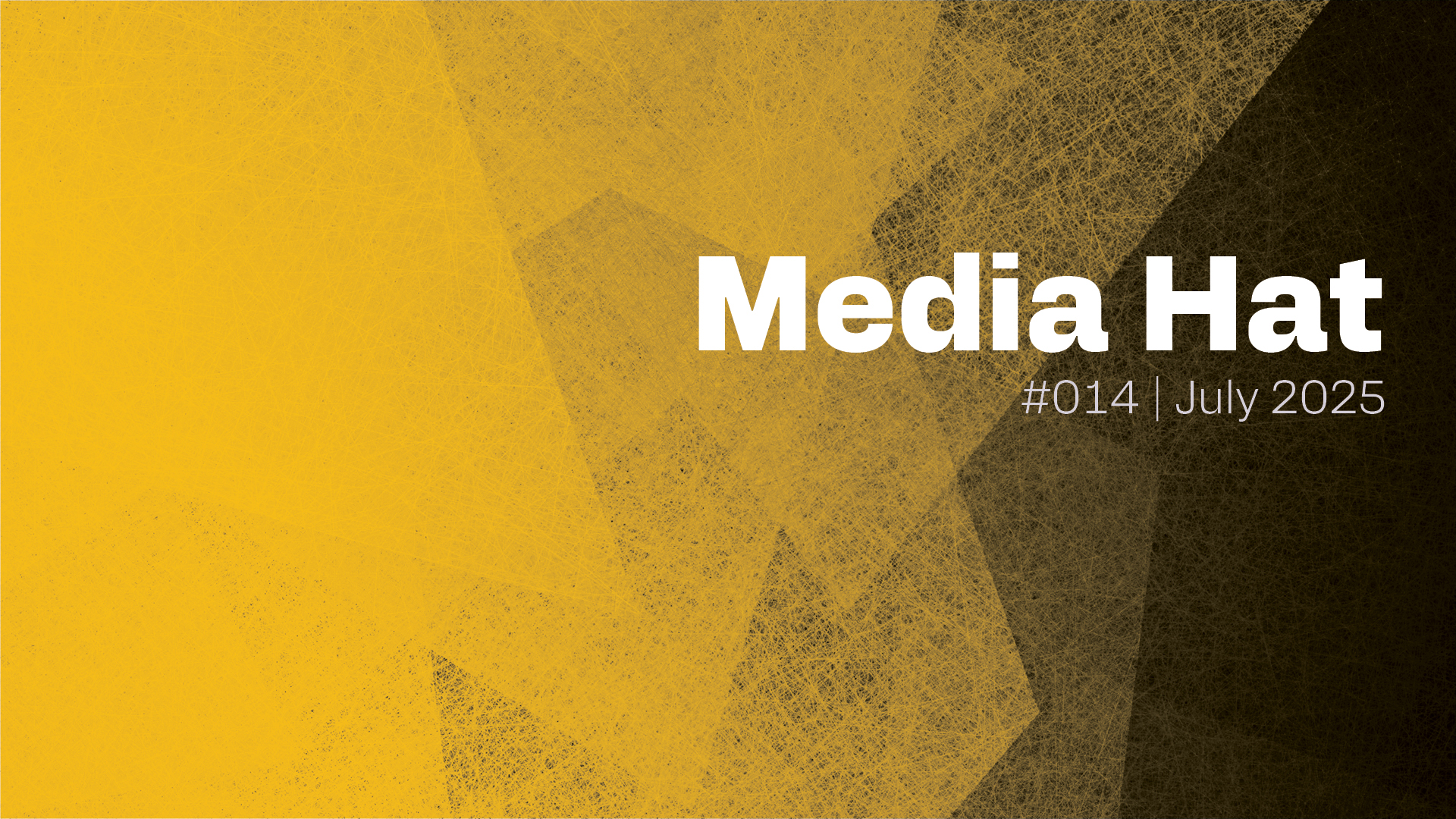Every month we pull together tools, research, and ideas for journalists wearing… many hats.
This column started as a newsletter on iMEdD’s LinkedIn.
You can subscribe and find all past issues here.
This month’s picks focus on how journalism connects—across platforms, across borders, and with the people it serves. From tools that help rebuild public trust to practical tips for video strategy and cross-cultural audio storytelling, the ideas below reflect a shift we’re seeing everywhere: toward formats and approaches that invite participation, not just consumption.
And if you are new here, each month, we introduce tools and stories for journalists wearing many “hats”—investigators, content creators, editors, and more. By sharing new tools and uncovering insights behind the headlines, we aim to support your work in meaningful ways.
Translation Tools, OSINT Resources & an Exhibition Worth Seeing

If you’re new here: every month, we pull together tools, research, and ideas for journalists wearing many hats — reporters, editors, investigators, creators — with a focus on things you can put to use or simply explore.
Up Your Sleeve
(Tools and tricks you can put to work right away)
Scraping TikTok without starting from zero
At Dataharvest 2025, Guardian data journalists Carmen Aguilar García and Zeke Hunter-Green shared this advice: don’t start from scratch when scraping TikTok. The platform changes often, so rely on tools like the TikTok API and Playwright—a browser automation library commonly used to build scrapers. Reusing solid components makes your work more efficient and resilient. 👉 Read more
New toolkit rethinks trust and participation in journalism
The Co-Creational News Media Toolkit offers a practical roadmap for newsrooms looking to rebuild trust by involving the public—without sacrificing accuracy. Developed by the Public Interest News Foundation and partners, the toolkit proposes a third model of journalism: one that balances professional standards with meaningful community collaboration across governance, content, and fact-checking. 👉 Try it out

Build your own journalism fundraising system
Adam Thomas has created a course to help journalists and nonprofit teams streamline how they fundraise. In 18 lectures, it covers donor research, automation, prioritization, and relationship-building—plus insights on 80 funders. 👉 Give it a try or explore another course
Behind the Headlines
(Research, explainers & deeper context to help you connect the dots)
Beyond clicks: Journalism as connection
What if the value of journalism isn’t just in what we publish but in how we bring people together around it? Community strategist Mili Semlani suggests media outlets rethink revenue through connection. From live events to physical products, she shows how the stories we’re already telling can be extended into shared, real-world experiences. Instead of chasing clicks, she argues, it’s time to treat journalism as a starting point for building lasting relationships. 👉 Read more
Can a podcast cross borders?
That’s the question WePod Project | European podcasting set out to answer. Backed by a cross-European team of producers, journalists, and educators, the project tested multilingual production, collaborative workflows, and shared storytelling models. The goal: build podcasts that speak across cultures, not just languages 👉 Learn more

Getting smart with video on LinkedIn
Strategic video content on LinkedIn isn’t just for influencers, it’s becoming a powerful tool for thought leadership and visibility. As a trainer and marketeer, Louise Brogan’s PREP framework (Plan, Record, Edit, Publish) helps turn short, well-edited videos into long-term value. Her tips cover editing, captions, publishing strategies, and repurposing content for maximum impact. 👉 Watch the video
Investigating Data Available on Social Media Platforms

Although social media is an important “channel” for publishing journalistic investigations, it is also a rich source of information for all kinds of journalistic research. At the Dataharvest 2025 conference, we learned useful ways in which journalists can gather data from platforms for their investigations.
Community Spotlight
(New voices, bold experiments, and big ideas from the field)
Last call for YOJO applications
Join YOJO, the innovative, youth-powered newsroom from iMEdD where young voices from all over the world (Greece included!) come together to create journalism that matters. YOJO isn’t a typical newsroom. And that’s the point. It doesn’t train journalists to fit in. It gives them space to experiment and work on a new model. If you’re a final-year student or recent grad with something to say, this is your chance. 👉 Apply now

DW Balkan launches on TikTok
Deutsche Welle has just launched DW Balkan on TikTok, aiming to connect with young audiences in Bosnia, Serbia, and Croatia through trusted, engaging journalism. As more users in the region turn to TikTok as a primary news source, this initiative focuses on speaking the right language—both literally and culturally—while pushing back against misinformation. 👉 Subscribe
And finally, something new for the summer
🎯 The Atlantic has launched The Atlantic Games—a new home for puzzles and play, in both the site and the app. Alongside well-loved features like the mini Crossword, Bracket City, and Caleb’s Inferno, you’ll now find two original daily games: Stacks, where you combine words to form new ones, and Fluxis, a circuit-style puzzle that links words by category. For journalists, editors, and anyone working with language, it’s a playful reminder of how words move—and matter Try one

Let’s Chat!
Got a tool, idea, or topic you’d like to see in the next edition? Or just want to share what stood out for you?
Drop us a DM at [email protected].
Until next time…

